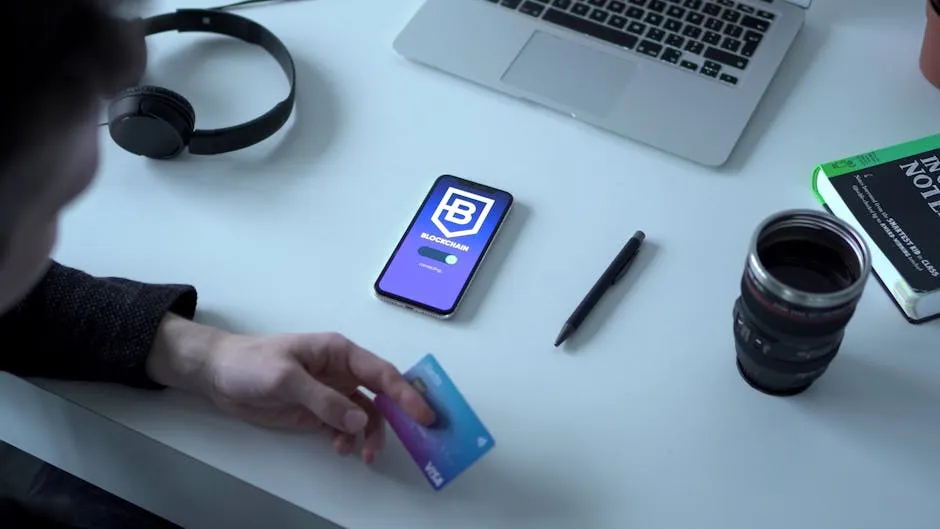
The Problem with Football’s Transfer System
Football, or soccer as it’s known in some countries, is one of the most popular sports worldwide. However, its transfer system is often criticized for being convoluted, slow, and riddled with inefficiencies. Players moving from one club to another can face numerous delays and barriers, creating frustration for clubs, agents, and fans alike. The traditional methods for handling transfers are outdated, leading to a pressing need for reform.
Introducing Blockchain Technology
One potential solution to these challenges lies in blockchain technology. This innovative technology, best known for its role in cryptocurrencies, has the potential to streamline the transfer process significantly. By utilizing blockchain, football clubs can facilitate faster settlements and access a global market more efficiently.
Faster Settlements
In the current landscape, transfer deals can take days or even weeks to finalize due to the bureaucratic processes involved. Blockchain technology can expedite this by allowing smart contracts to automate many aspects of the transaction. With a smart contract, the terms of the transfer are encoded into a digital agreement that executes automatically once conditions are met. This means that once a player is sold, the payment can be processed instantly, eliminating the lengthy waiting periods associated with traditional banking systems.
Global Market Access
Another significant advantage of blockchain is its ability to connect clubs and players across the globe without the traditional barriers. Currently, transactions can be hindered by geographical limitations and regulatory hurdles. With blockchain, clubs can transact with one another more freely, allowing smaller clubs in less affluent leagues to connect with larger teams worldwide. This democratization of the transfer market can lead to more opportunities for players and clubs alike.
Addressing the Challenges
While the advantages of blockchain in football’s transfer system are clear, implementing this technology is not without its challenges. Concerns around data privacy, security, and the need for widespread adoption among clubs and regulatory bodies must be addressed. Moreover, the transition to a blockchain-based system would require education and training for various stakeholders involved in the transfer process.
The Future of Football Transfers
Despite the challenges, the potential for blockchain to transform football’s transfer system is undeniable. As the sport continues to evolve, embracing new technologies will be essential for clubs aiming to stay competitive. By adopting blockchain, football can move towards a more efficient, transparent, and fair transfer market.
In conclusion, the integration of blockchain technology into football’s transfer system could not only resolve many of the current inefficiencies but also open up new avenues for growth and opportunity within the sport. As clubs and governing bodies explore these possibilities, the future of football transfers looks promising.



